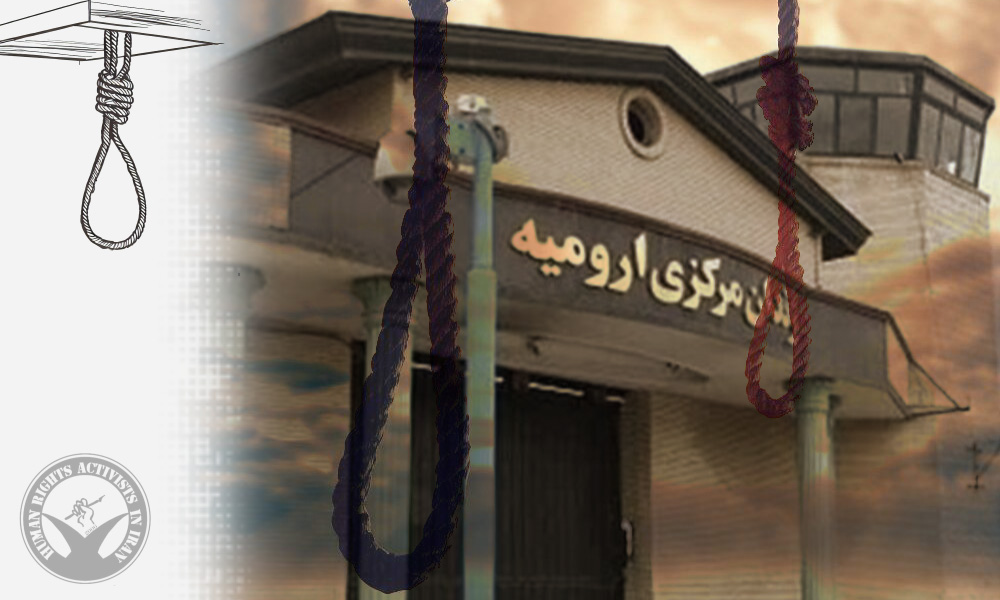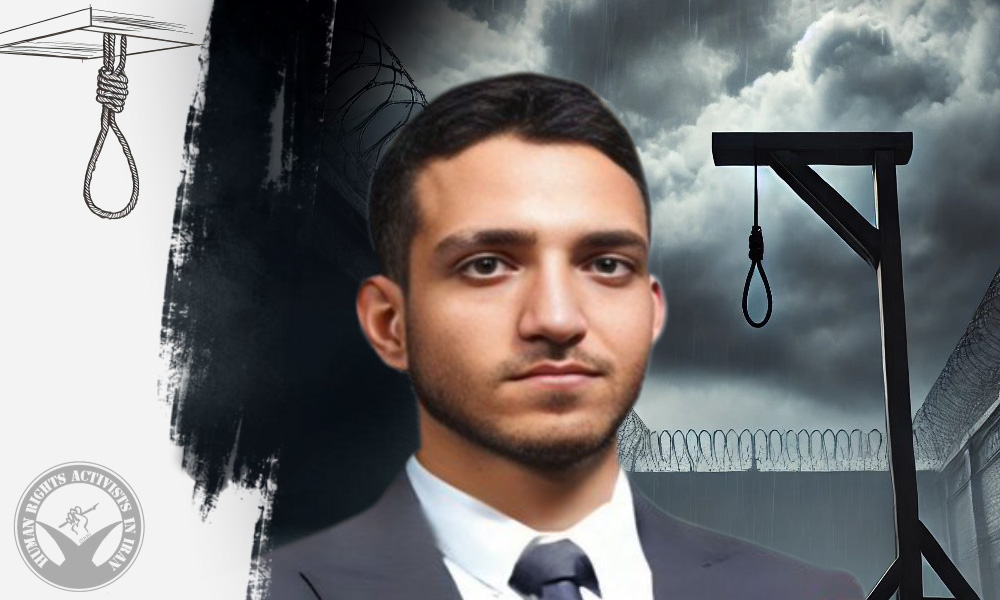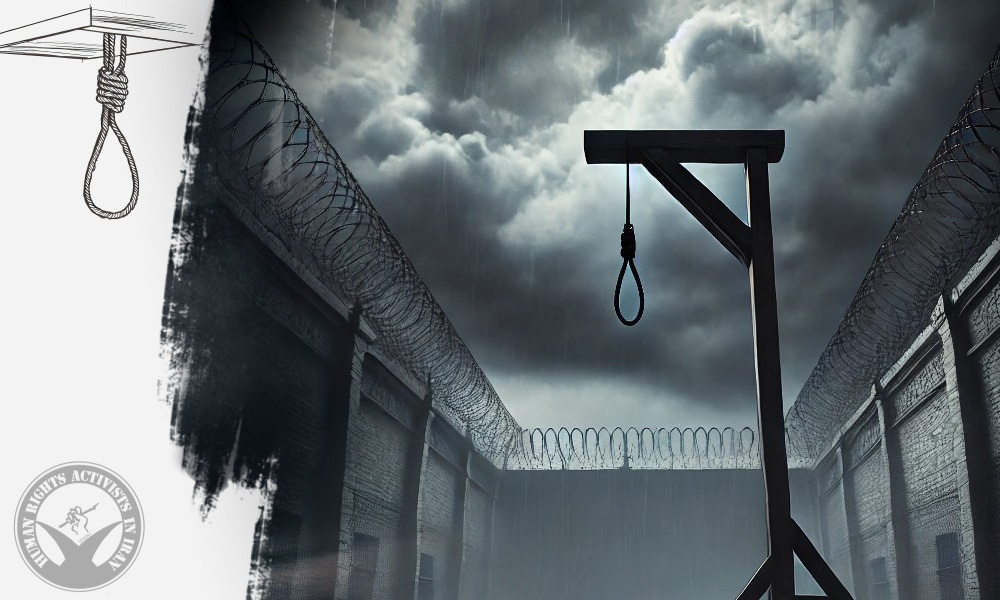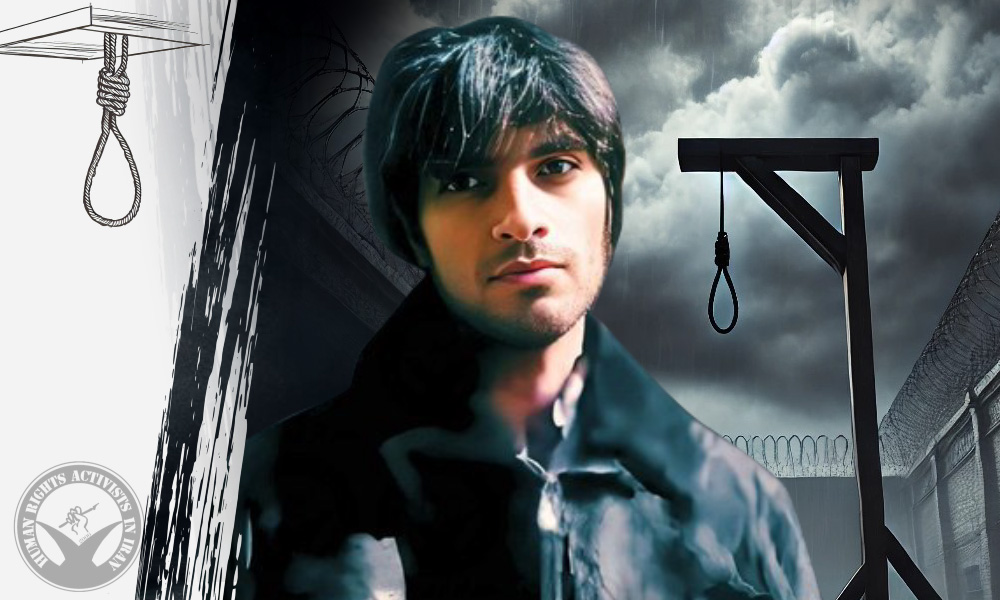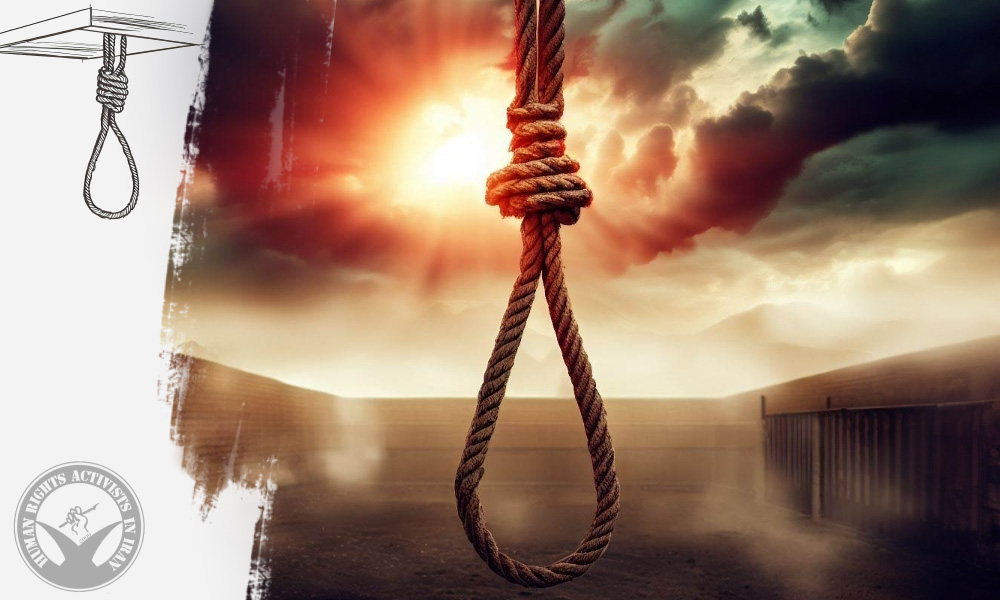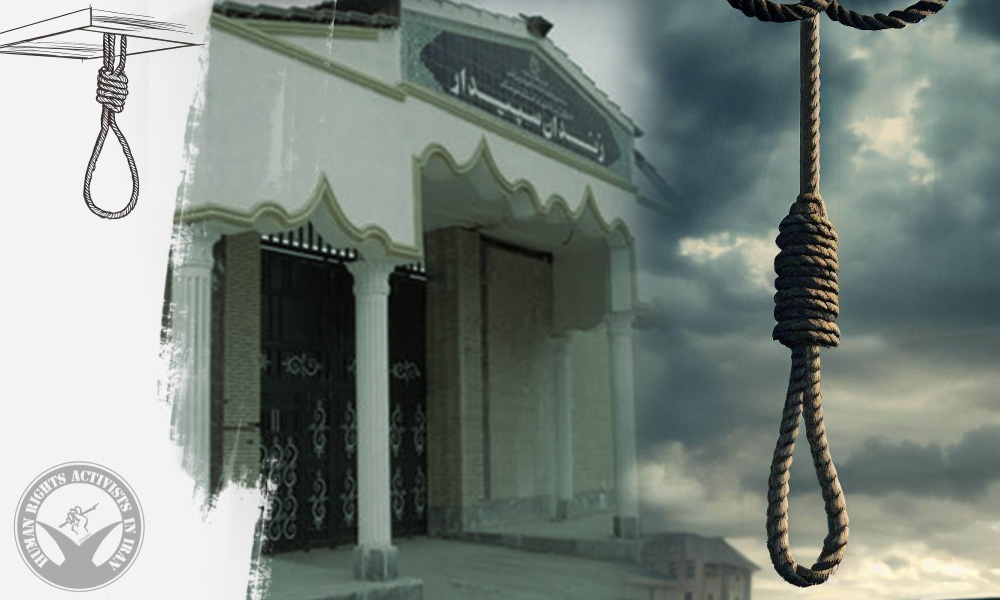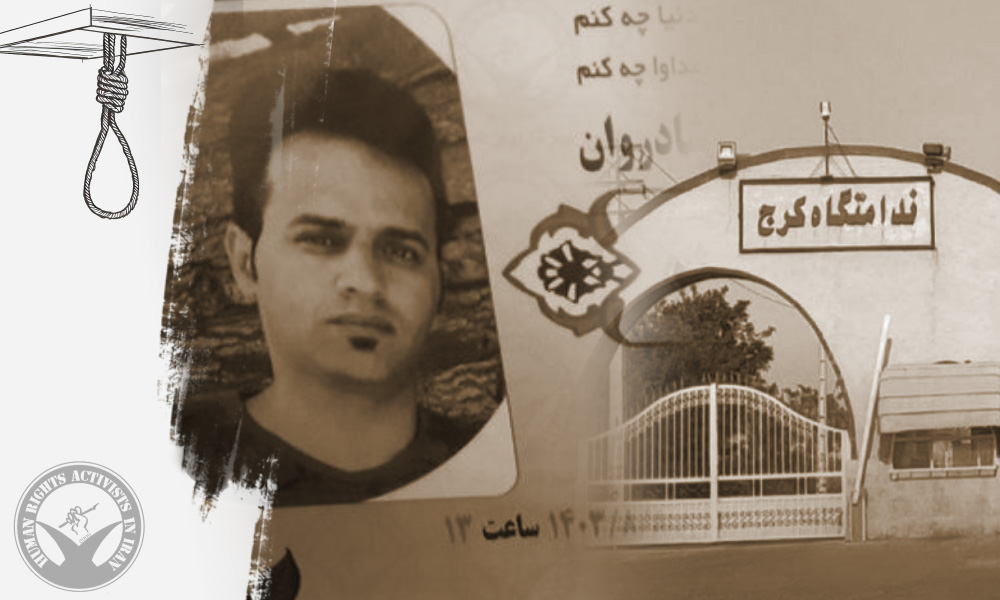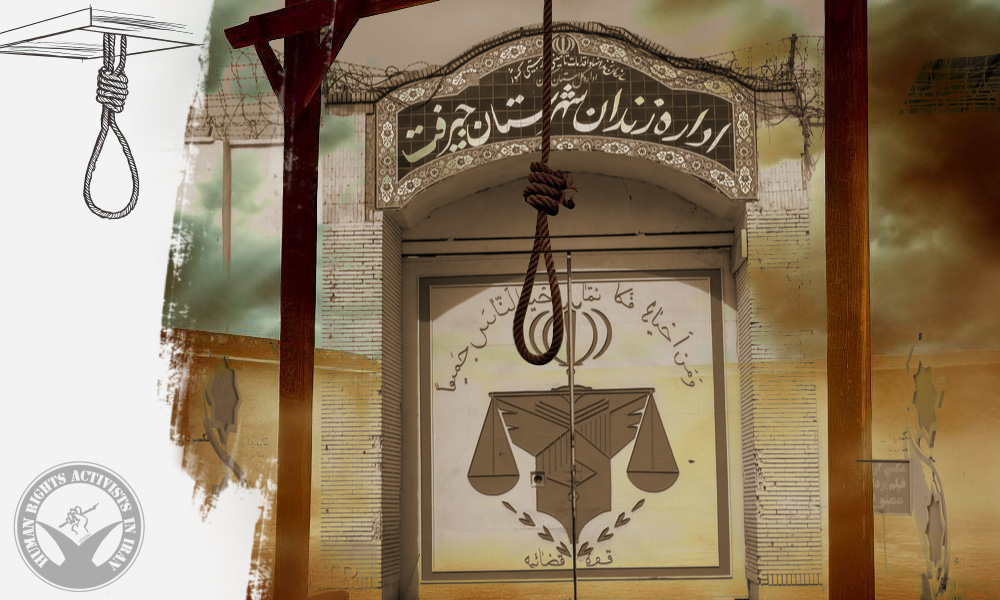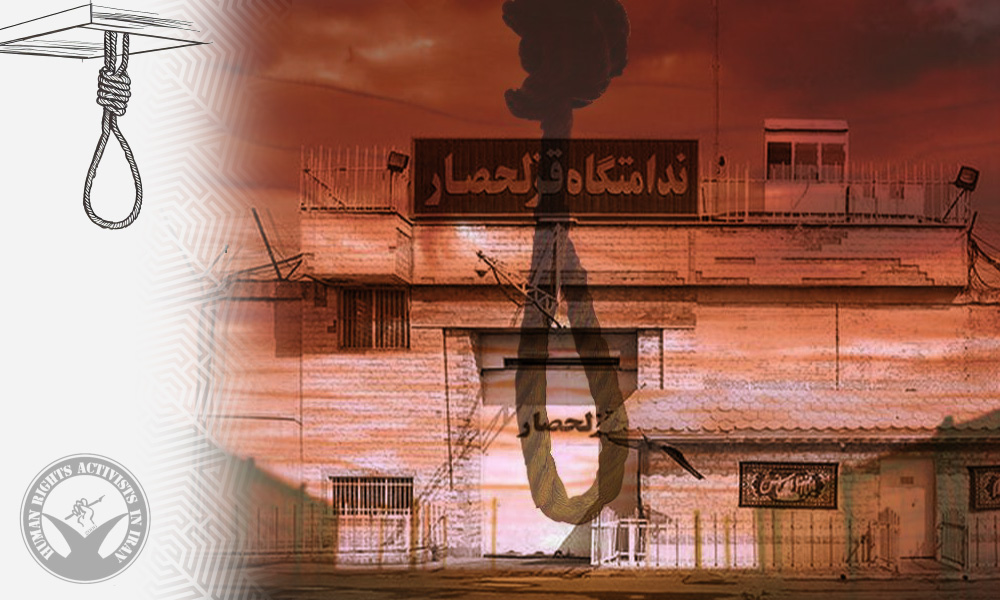At dawn on Monday, November 4, Arvin Ghahremani (also known as Nathaniel), a young Iranian Jewish man, was executed in Dizelabad Prison in Kermanshah. His execution followed a conviction and death sentence stemming from a deadly altercation, as reported by Mizan, the judiciary’s media outlet.
Ghahremani had been arrested in November 2022 after a dispute over financial issues with Amir Shokri, a Muslim citizen, escalated into violence, resulting in Shokri’s death. Following a swift judicial process, Ghahremani was sentenced to death.
The Kermanshah Prosecutor’s Office stated that Ghahremani’s trial included his chosen legal representation, who filed three appeals for a retrial—all denied by the Supreme Court. Despite efforts by prominent figures to negotiate with Shokri’s family for a pardon or to accept blood money (diyah), the family ultimately refused, demanding the death sentence be carried out.
Previously, HRANA reported rising concerns among Iran’s Jewish community and human rights advocates about Ghahremani’s case, particularly the rejection of his retrial requests and the execution’s impending likelihood.
Human rights activists argue that qisas (retributive justice) laws in Iran exhibit systemic discrimination against religious minorities, as these laws are applied unequally. Under Iranian law, qisas mandates capital punishment if a non-Muslim kills a Muslim, but does not apply the same punishment if a Muslim kills a non-Muslim; in such cases, only blood money or lesser punishments are typically imposed. Activists assert that this disparity undermines fair trial standards and the equal rights of non-Muslim citizens.
This lack of legal protection has historically enabled extrajudicial killings of non-Muslim citizens, especially Iran’s Baha’i community, by extremist groups, intensifying concerns about religious discrimination in Iran’s justice system.



